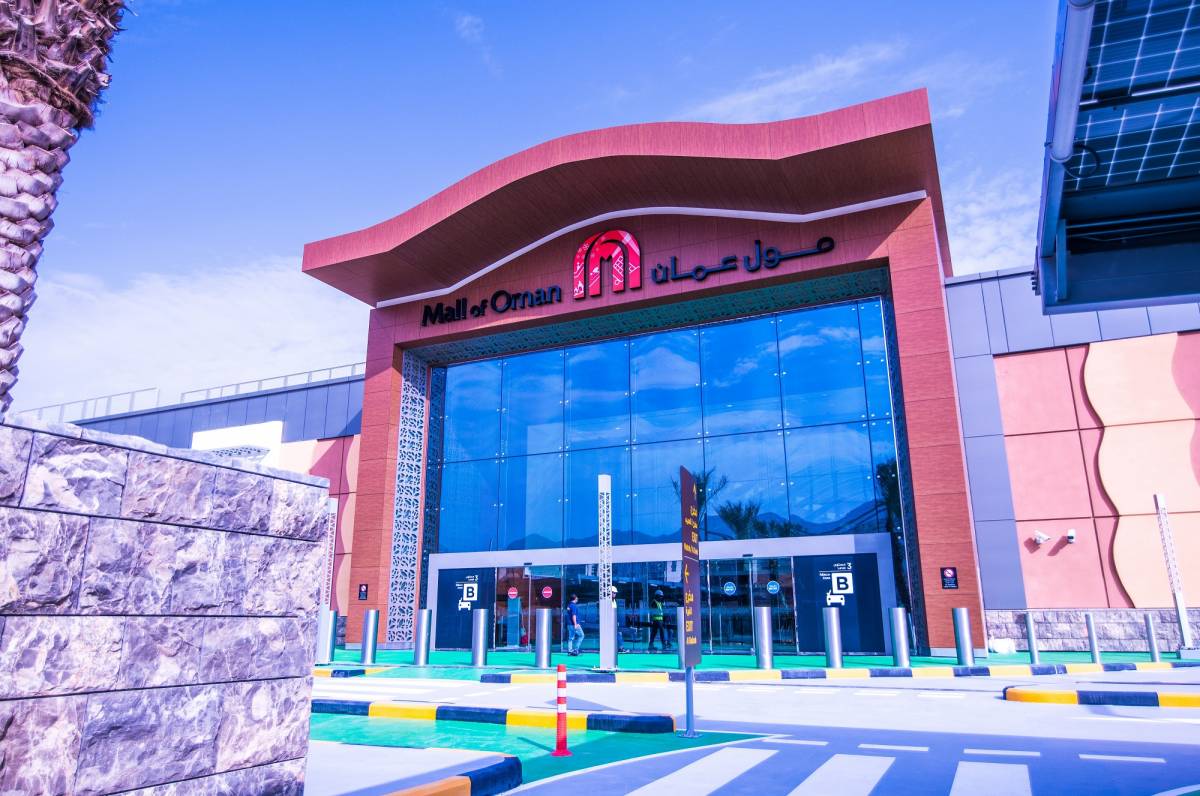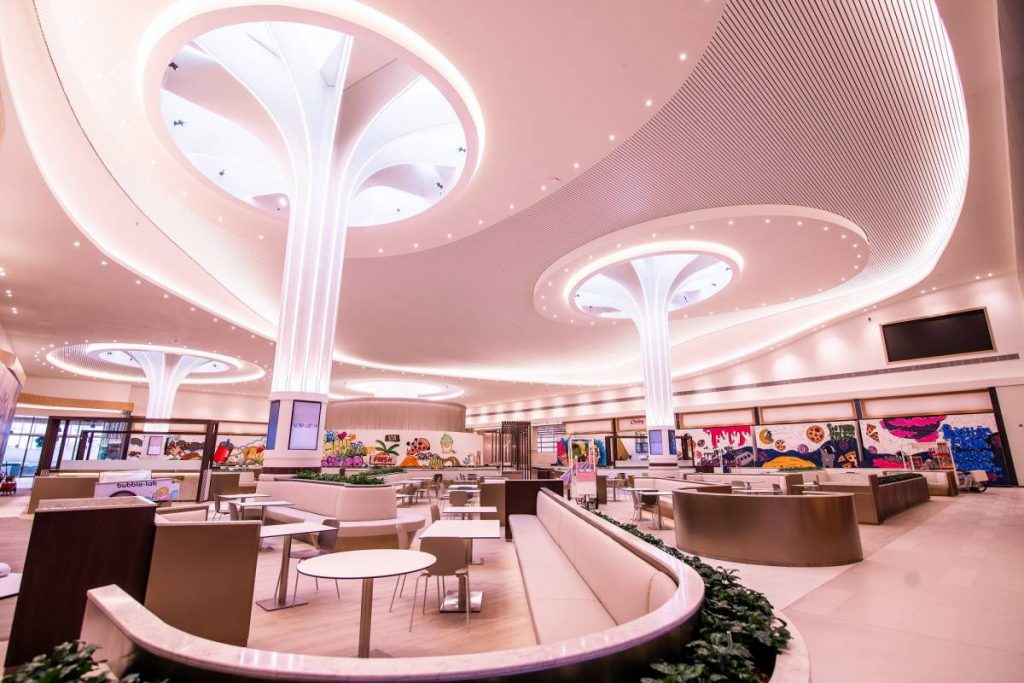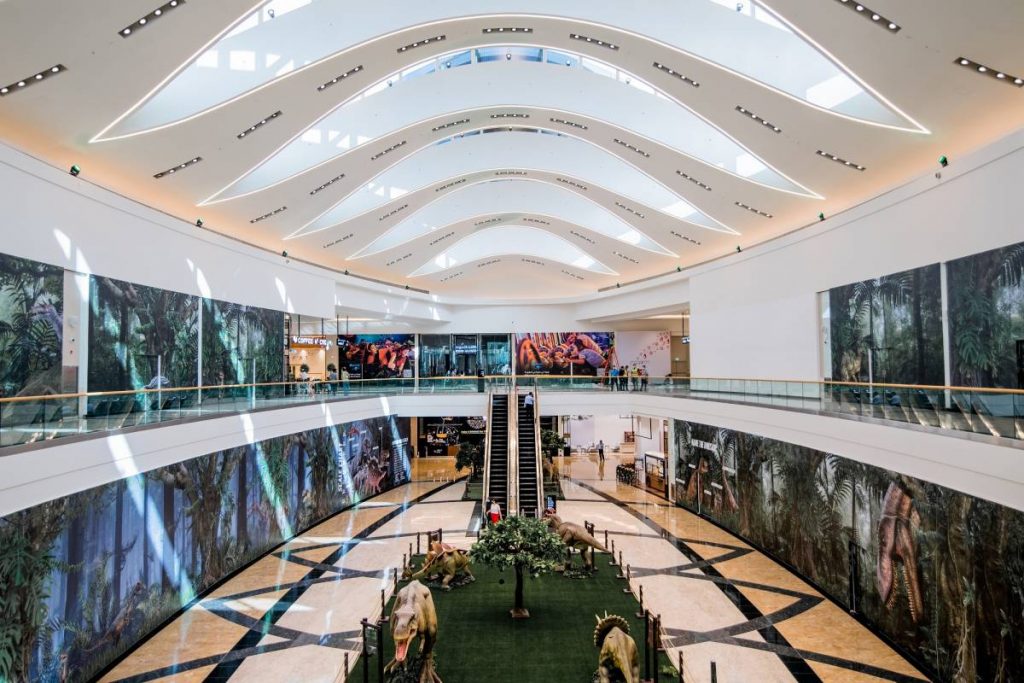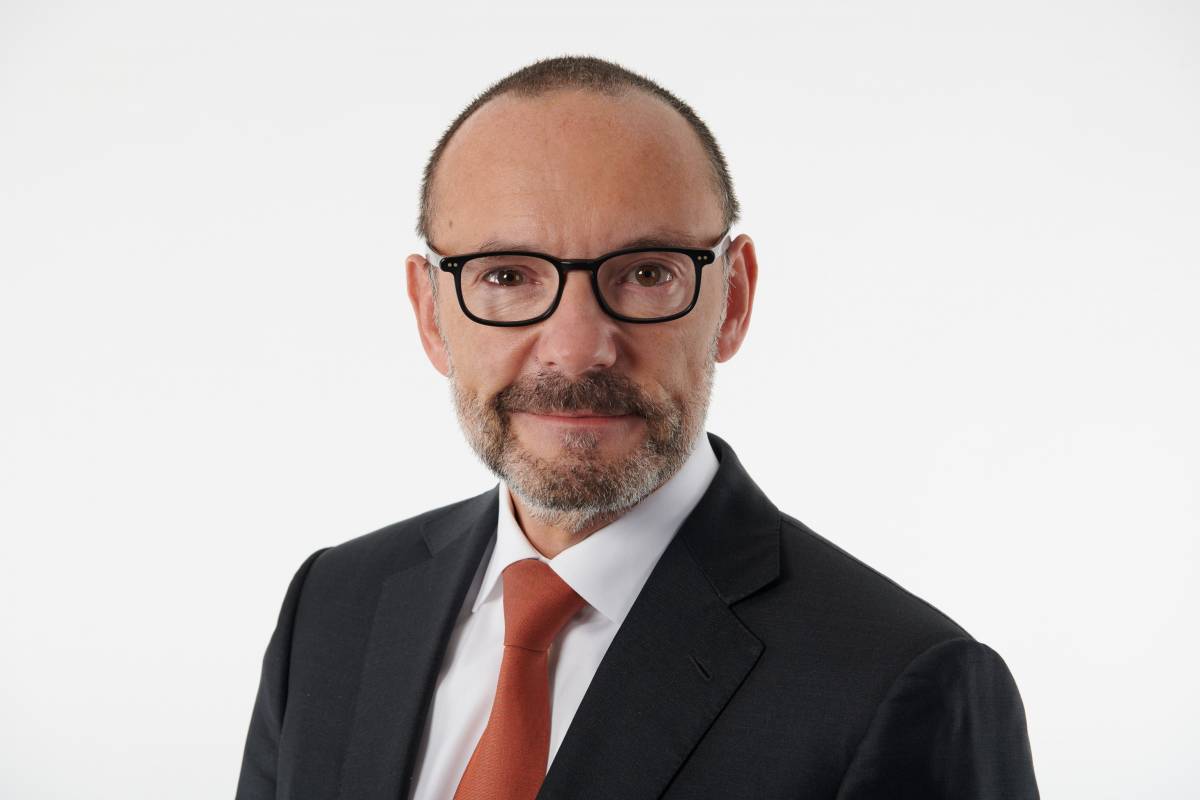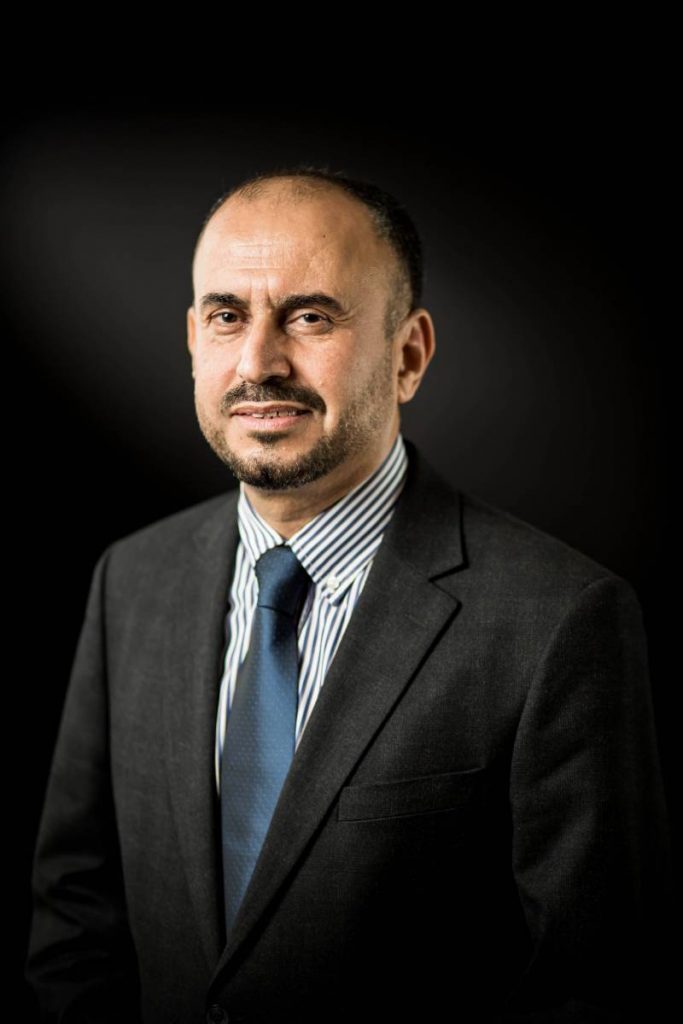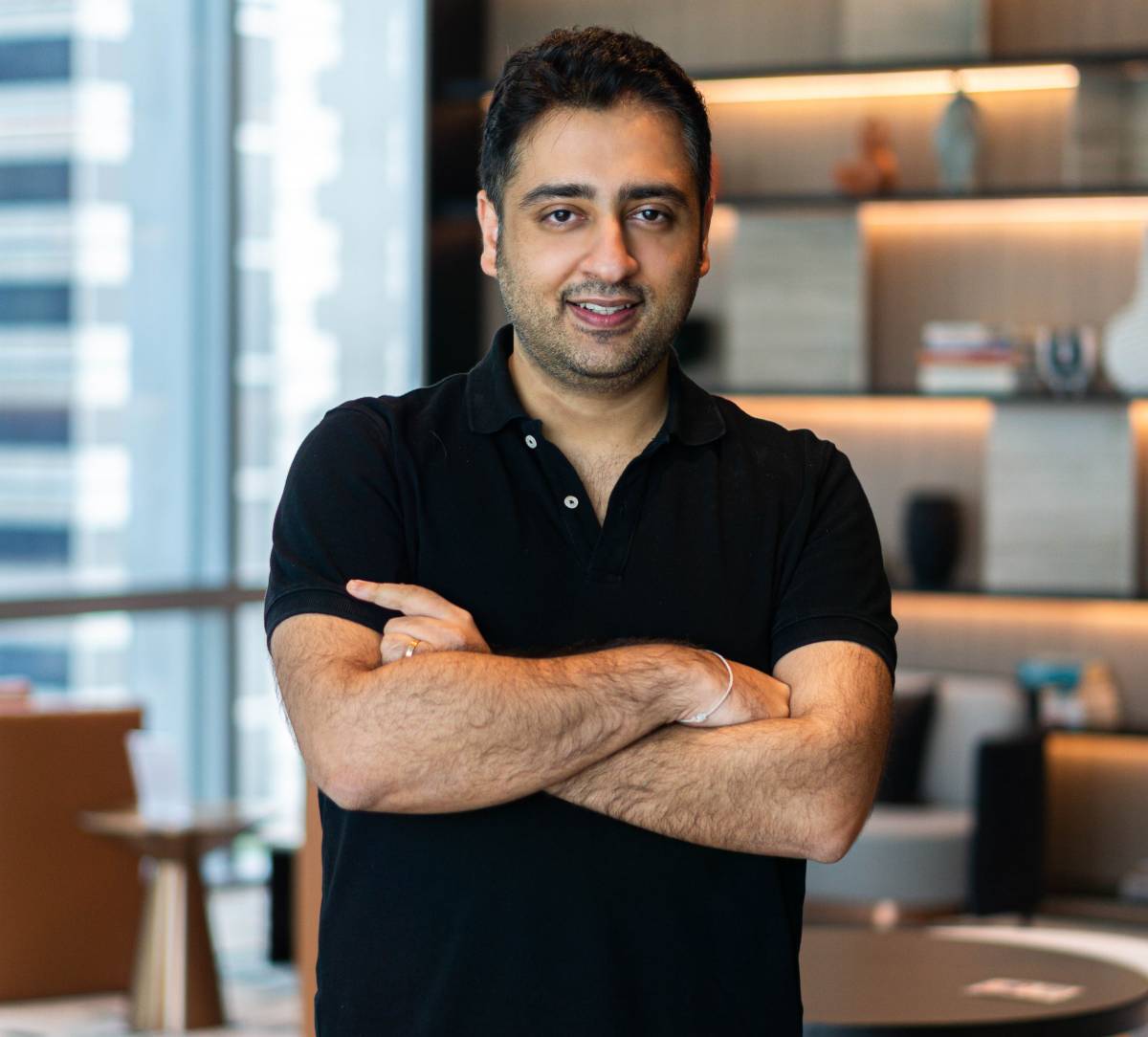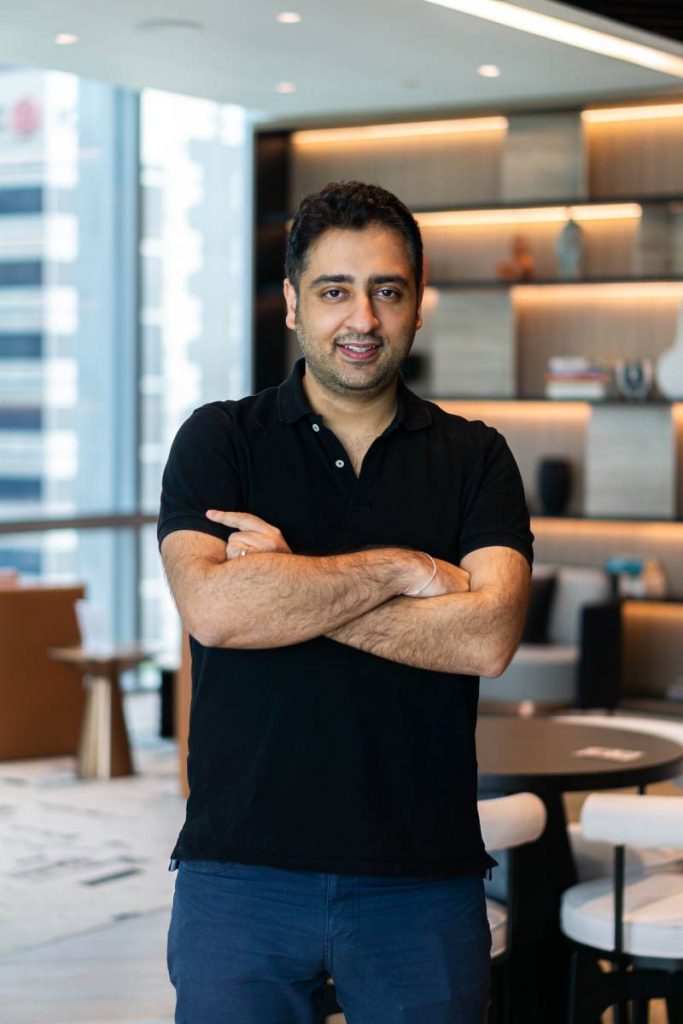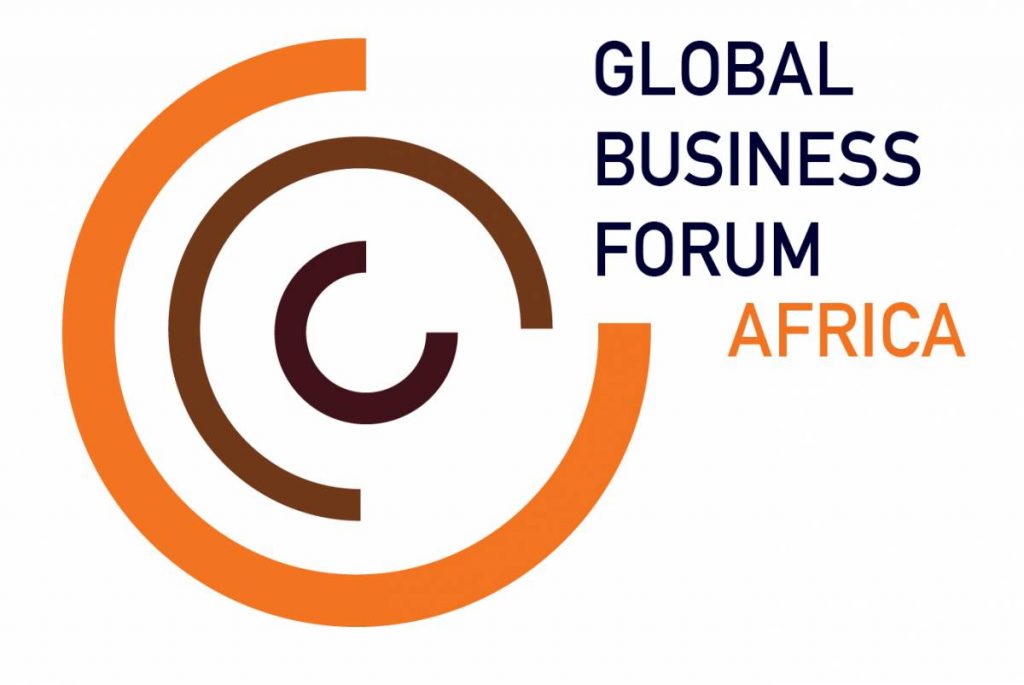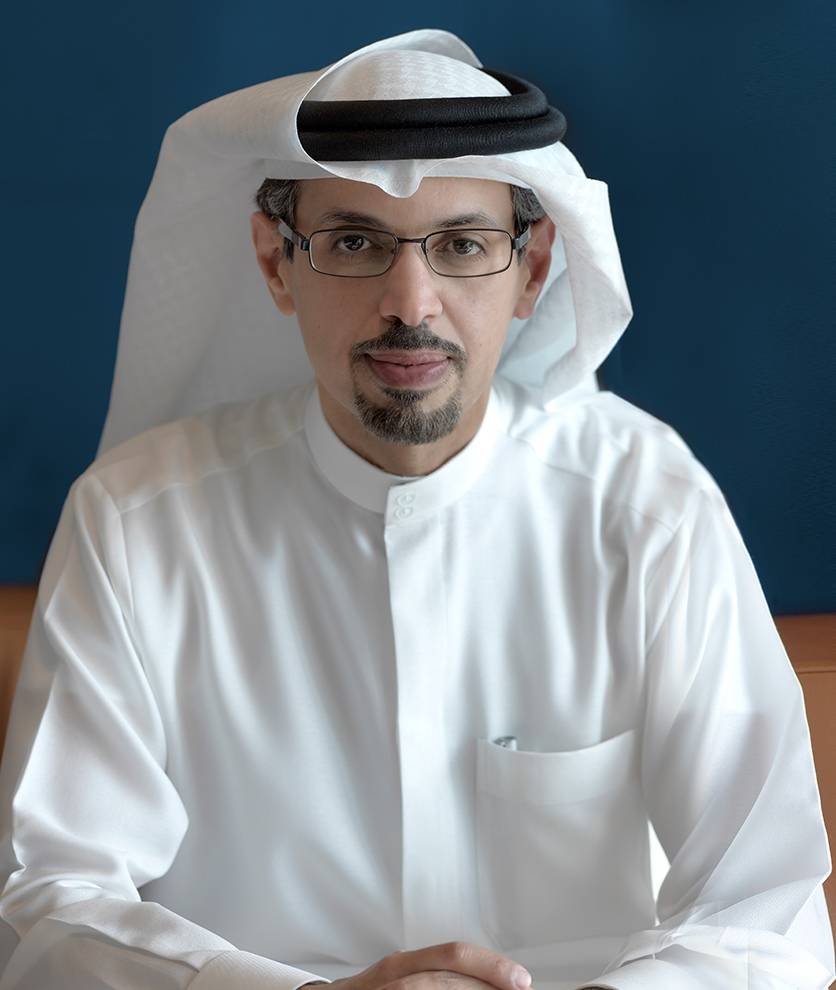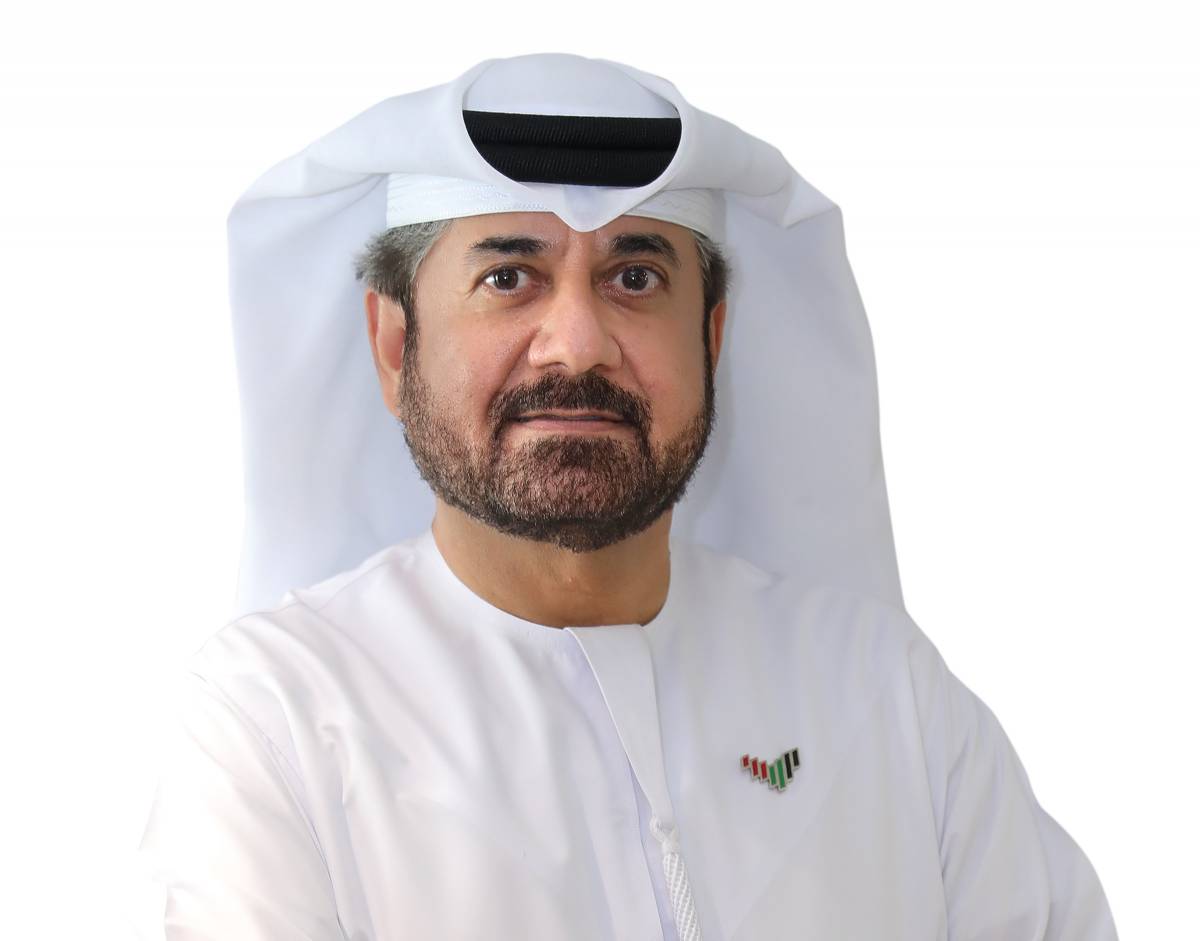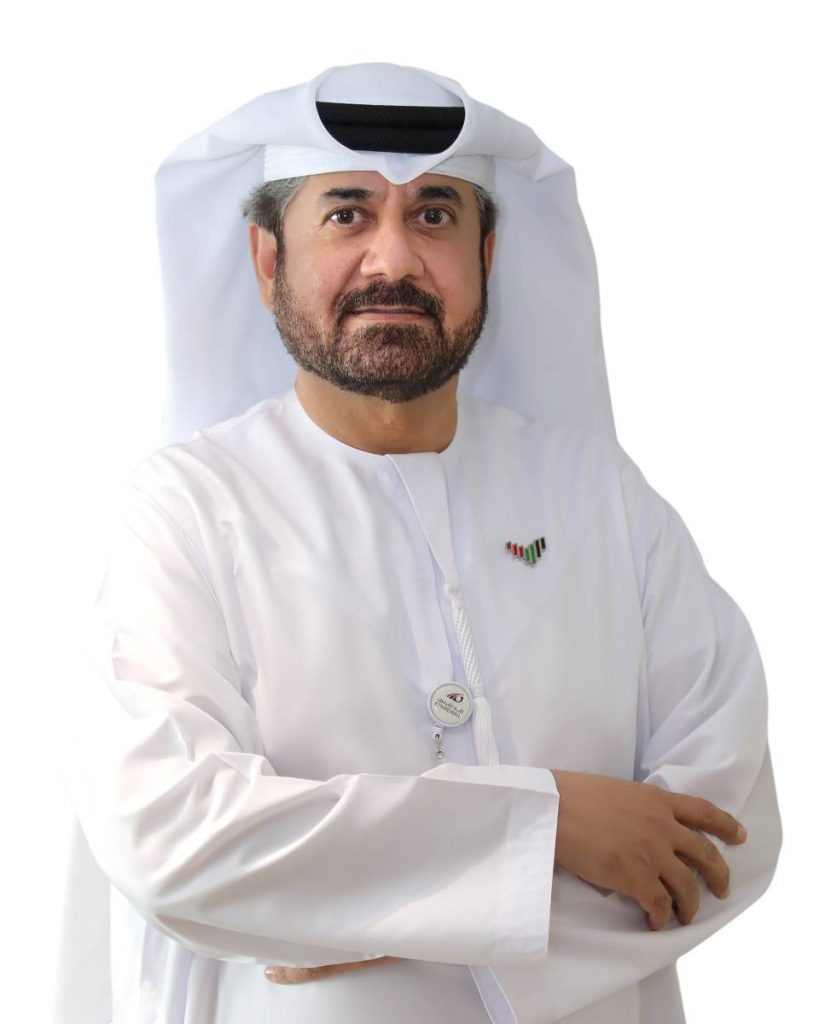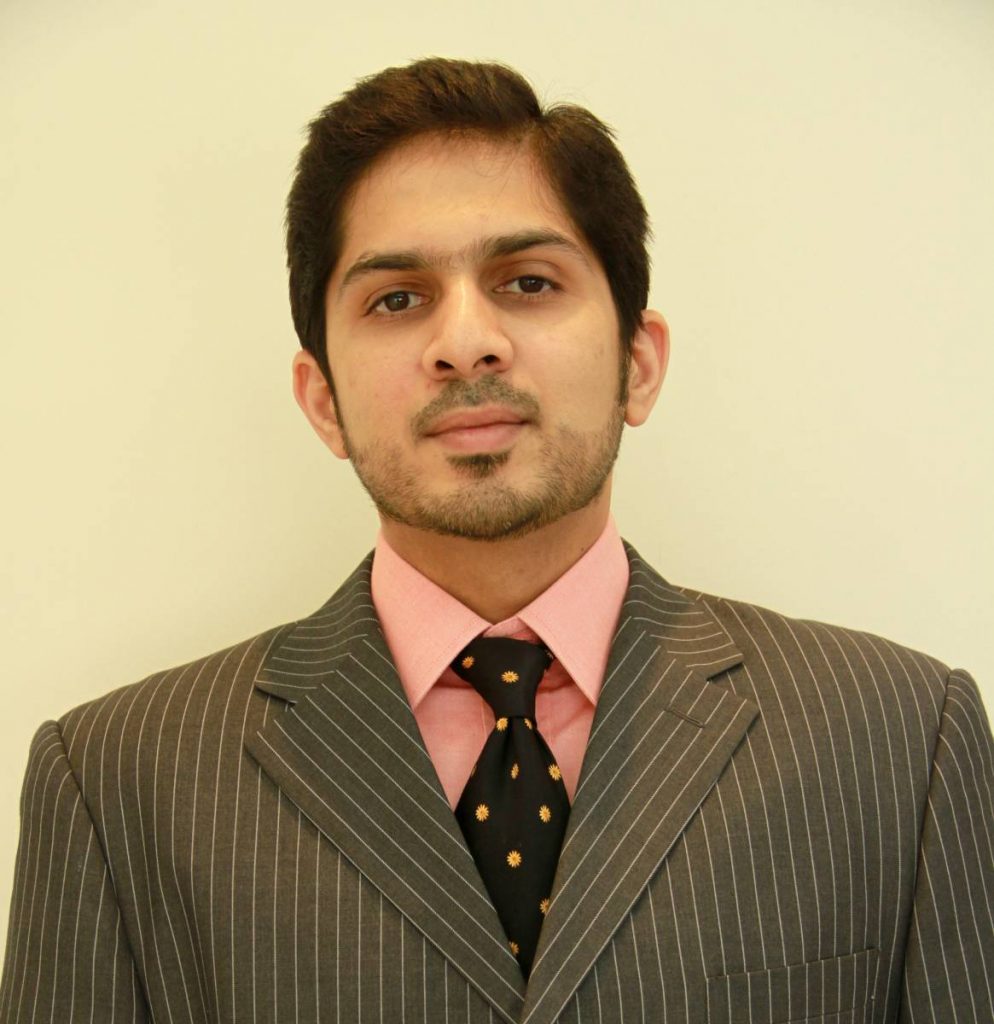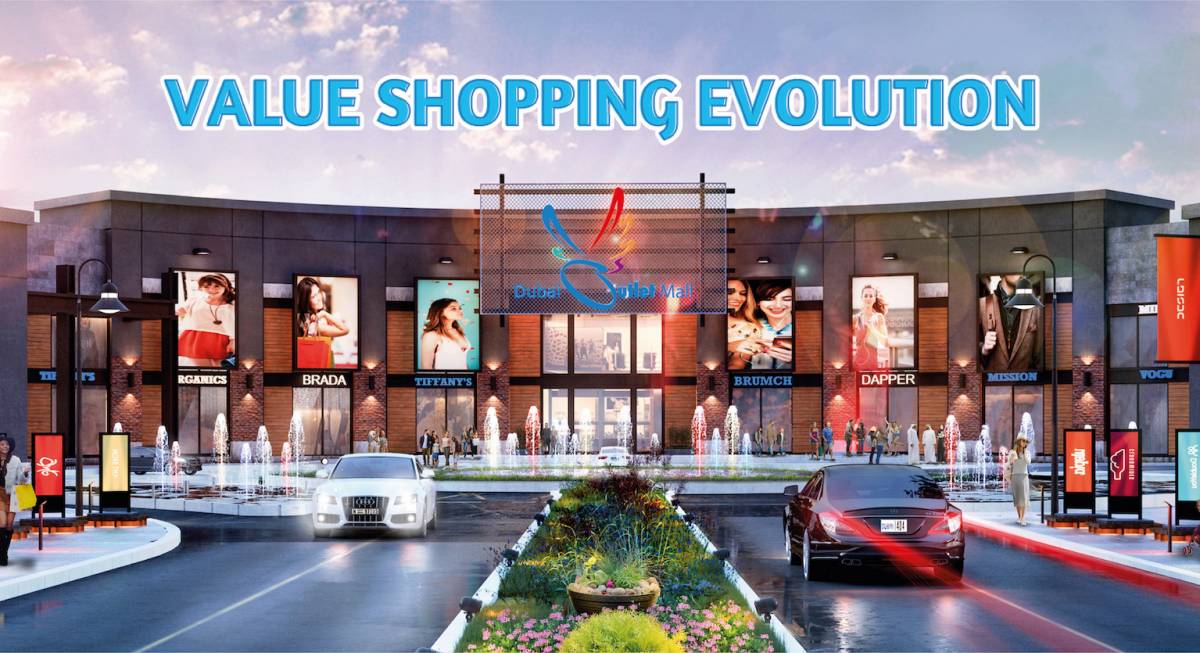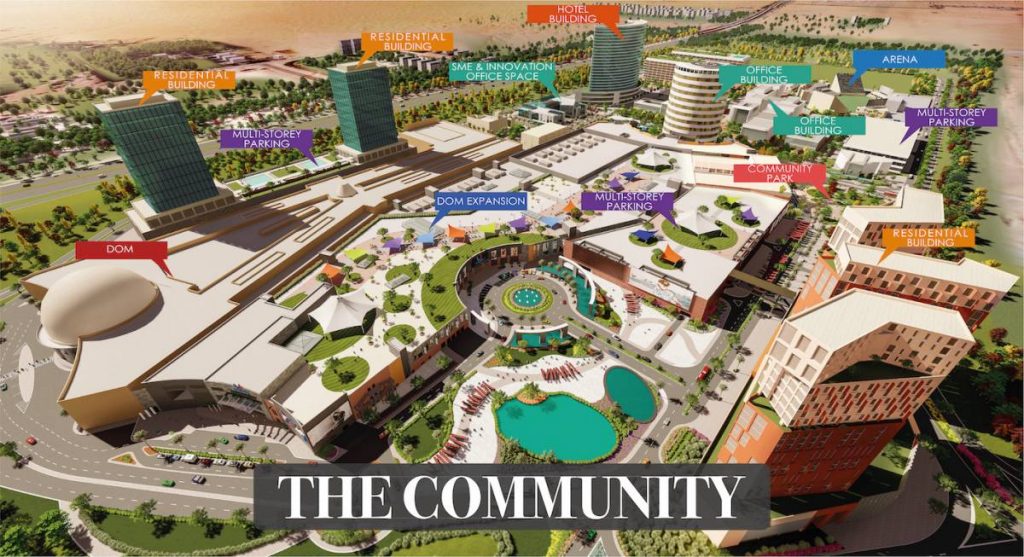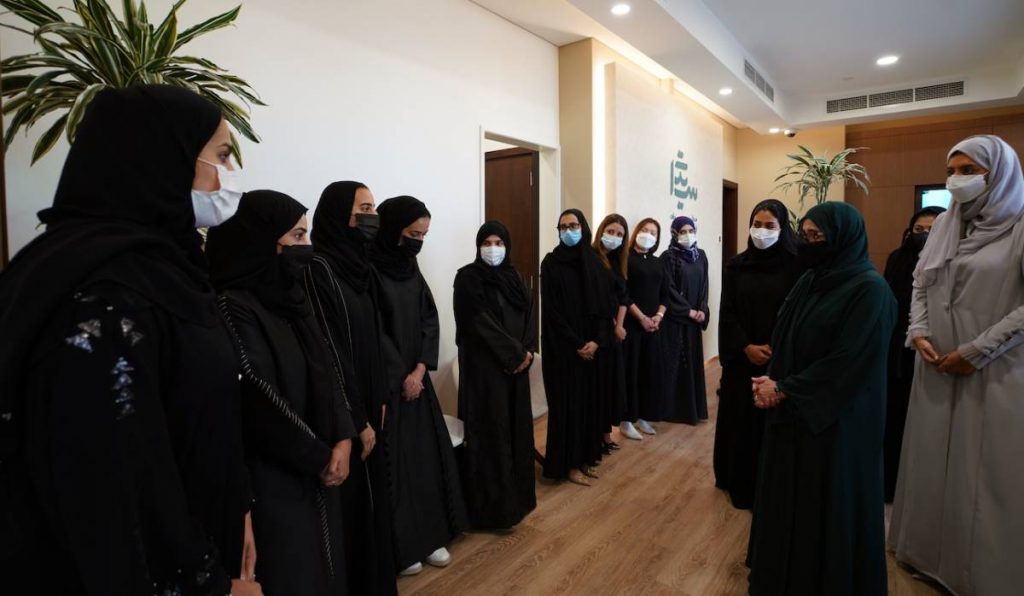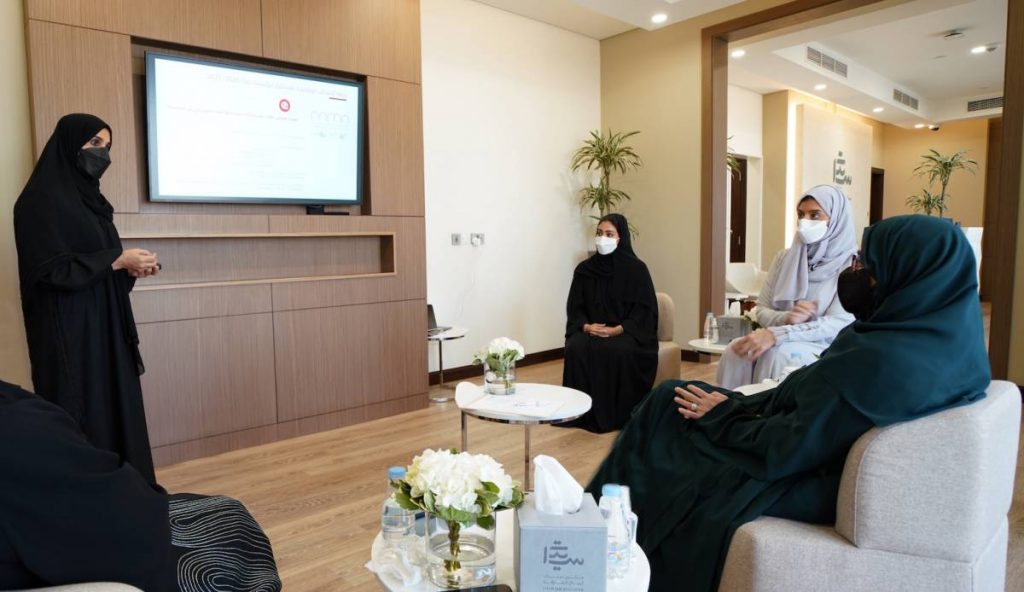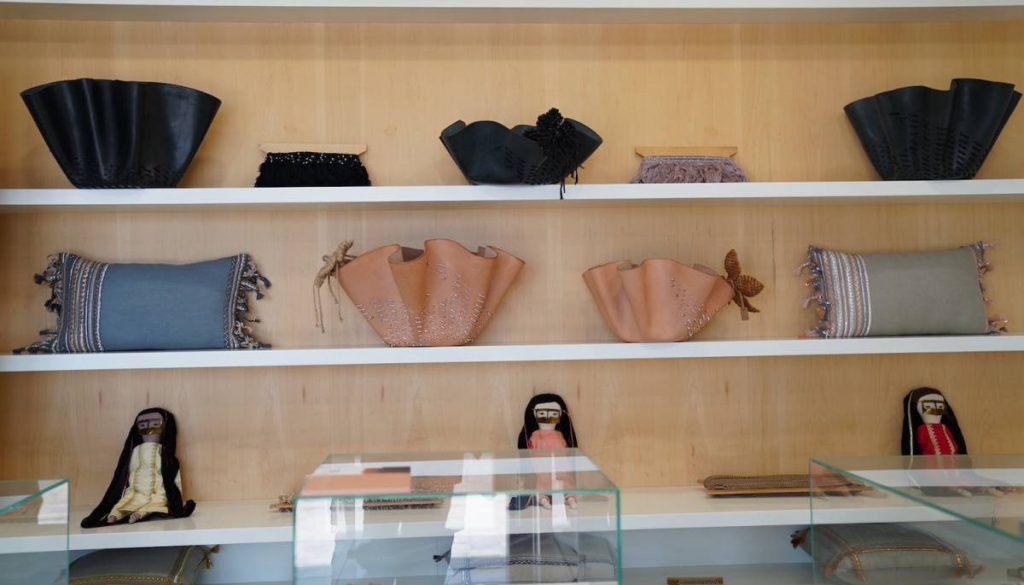The elaborate range of cosmetics is primarily aimed at catering to the Asian skin tone and texture. It also happens to be the country’s first beauty line to emerge out of Bollywood…writes Nimerta C Sharan.
Film and business are connected together in all sense. Model and wellness enthusiast Malaika Arora recently launched her investment company, Malaika Arora Ventures, which has invested in lifestyle and wellness start-ups such as Sarva and Nude Bowls. While Bollywood’s leading ladies might be in the spotlight for their films and glamorous fashion outings, there’s more to them than meets the eye, for starters most of them have great business acumen and are investing their time and money into projects that go beyond filmmaking.
From setting up funding ventures to starting their own businesses, the industry’s new wave of women entrepreneurs are making all the right moves, here’s a round-up of some popular actresses who are boss babes in their own right:
Alia Bhatt
With a career spanning almost 10 years, Bhatt has been a part of some spectacular films and brand endorsements. Last year, the 28-year-old launched a sustainable clothing line for children ‘Ed-a-Mamma’ catering to the age group of 2-14 years. The actress has invested in companies like Stylecracker and Nykaa and has also launched a platform ‘Coexist’ that works towards animal and ecological welfare.

Priyanka Chopra Jonas
From opening an Indian restaurant ‘Sona’ in New York to launching her own vegan haircare brand ‘Anomaly’, there’s no stopping this global trendsetter. A production company under the name, the actress has delivered two successful hits Ventilator and The Sky Is Pink. That’s not all; the superstar became the face of dating app Bumble in 2018 and invested in the start-up as well. You go, girl!

Katrina Kaif
She kickstarted her innings as an entrepreneur in 2019 with the launch of her make-up brand ‘Kay Beauty’, in partnership with beauty giant Nykaa. The elaborate range of cosmetics is primarily aimed at catering to the Asian skin tone and texture. It also happens to be the country’s first beauty line to emerge out of Bollywood.
Anushka Sharma
At 25, Sharma set up a production house ‘Clean Slate Filmz’ with her brother. Known to have produced some incredible movies and web series, she is actively involved in the process, from selecting scripts to finalizing the cast. The 33-year-old also launched her apparel line ‘Nush’ in 2017, which is an extension of her distinct style. A champion of animal rights, the actress has also opened two rescue animal shelters outside Mumbai with her husband Virat Kohli.

Deepika Padukone
With a super successful career, more than a dozen brand endorsements and an exciting international work graph, Padukone is on top of her game. In 2017, she set up her own investment venture ‘KA Enterprises’ which has invested in Epigamia — a brand of yoghurts, hobby-based start-up FrontRow, electric taxi enterprise Blu Smart and aerospace start-up Bellatrix. Padukone made her debut as a producer in 2020 with the release of her film “Chhapaak”.
ALSO READ-Pranitha loves to work more in Bollywood
READ MORE-Take a look at popular Bollywood tales on ‘SPORTS’


